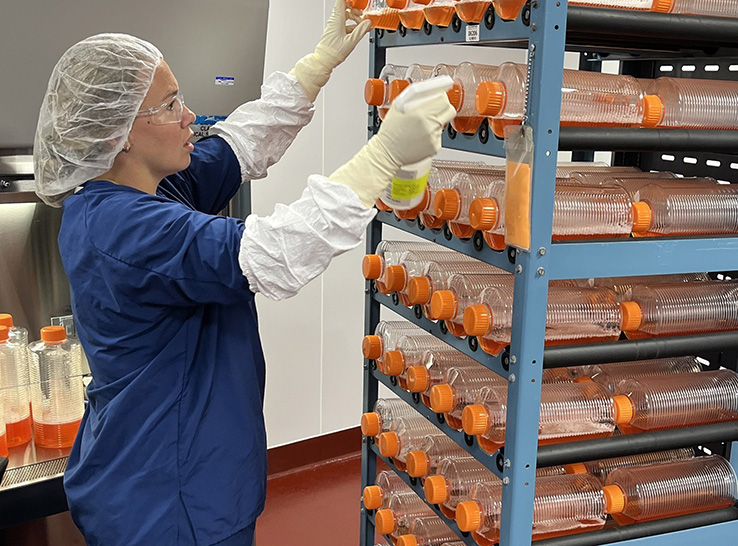
Ceva producing aMPV experimental autogenous vaccine using US-origin isolate
Ceva Animal Health has started antigen production for an experimental autogenous vaccine to fight the emerging avian metapneumovirus (aMPV) disease.

Ceva Animal Health has started antigen production for an experimental autogenous vaccine to fight the emerging avian metapneumovirus (aMPV) disease.
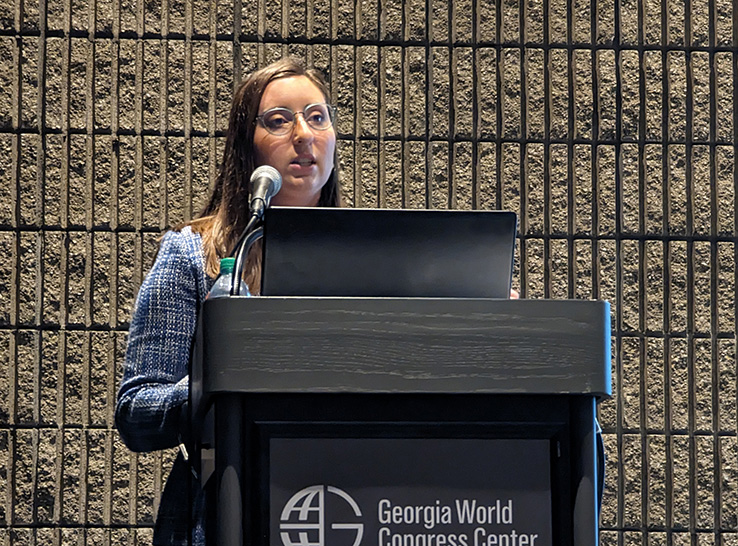
A prebiotic derived from brewer’s yeast (Saccharomyces cerevisiae) has shown potential in reducing the prevalence of Salmonella Enteritidis in broilers.

Coccidiosis and histomoniasis are ubiquitous problems for poultry producers. Recent studies have suggested that using a blend of plant extracts could help reduce symptoms of infection and improve production outcomes.
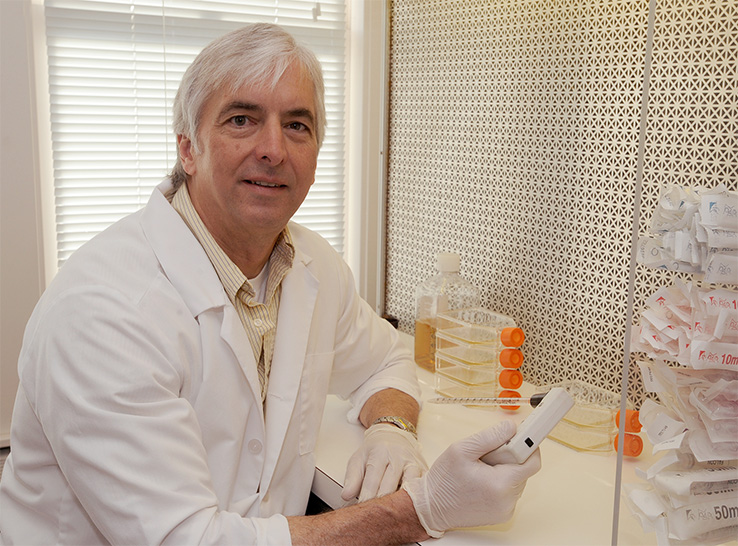
The message is clear and one that Daral Jackwood, PhD, The Ohio State University, has delivered for years: Young chickens need maternal immunity to protect them from immunosuppression and secondary diseases caused by infectious bursal disease.

A dual case of Mycoplasma gallisepticum and Mycoplasma synoviae in a broiler breeder flock in northeast Georgia exposed expensive biosecurity shortfalls of which producers should take heed.
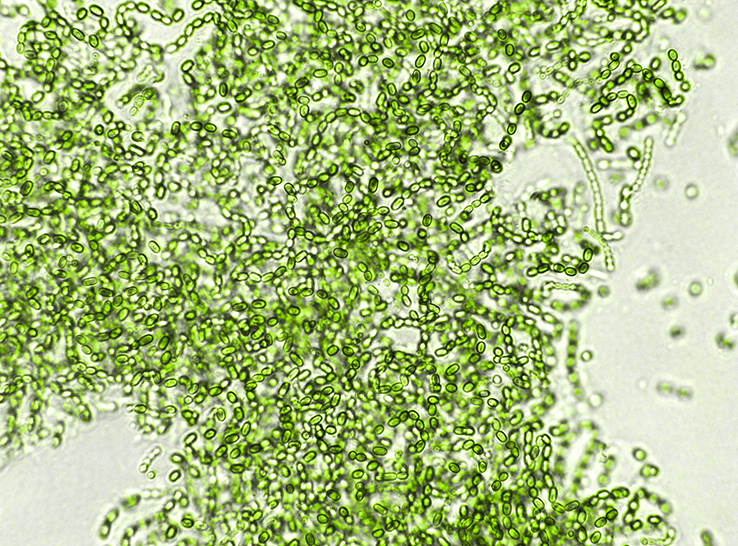
Broilers fed a microbial supplement of four probiotic strains had a lower incidence of Salmonella and higher expression of proteins associated with immunity, according to research presented at the 2024 IPSF by Kevin Bolek, PhD, microbials innovation director for Phibro Animal Health.

With less than 2% of the US population involved in agriculture of any kind, the gap in knowledge and understanding of animal agriculture has widened dramatically, creating an opportunity for myths and misinformation to flourish.
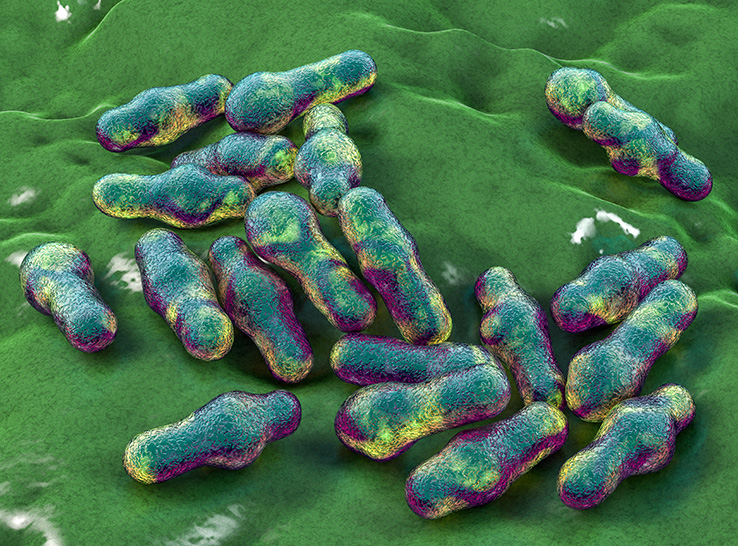
Necrotic enteritis (NE) is a devastating disease characterized by severe gut inflammation and sudden death, which can lead to significant economic losses. A new instrument from Ancera can help identify Clostridium perfringens, the causative agent of NE, early enough to help producers treat or prevent NE.
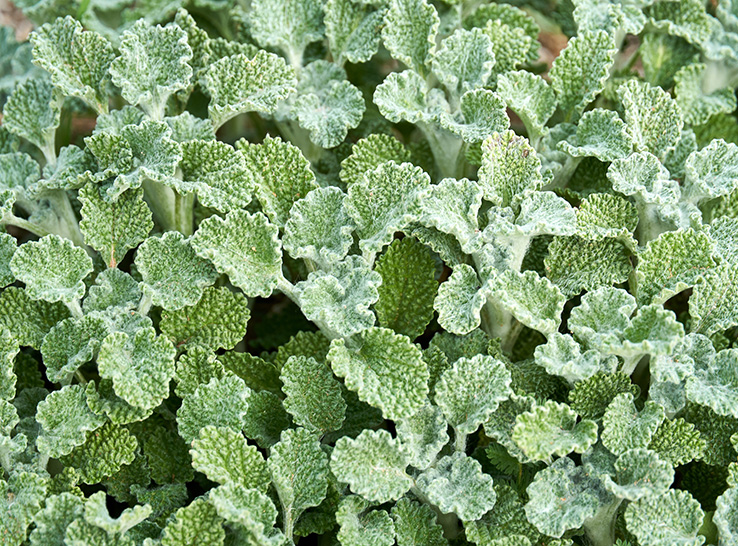
The field of phytogenic feed additives derived from unique plant compounds is yielding positive performance results in feed efficiency studies.
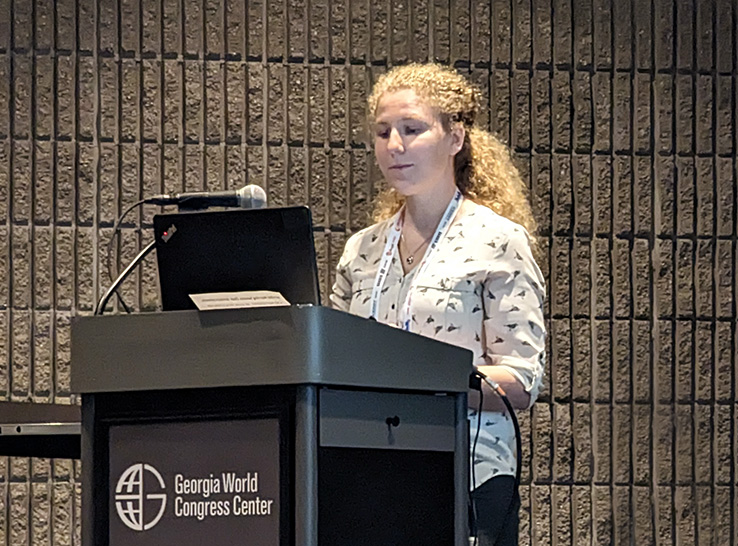
Minimizing bird stress is critical for maintaining good welfare and flock performance, but it’s especially critical when birds are less than 4 weeks old, a Virginia Tech study shows.

Scientists have uncovered a new pathway to address the challenge of managing broiler breeder feed intake to achieve a more optimal balance of growth, reproductivity and welfare.
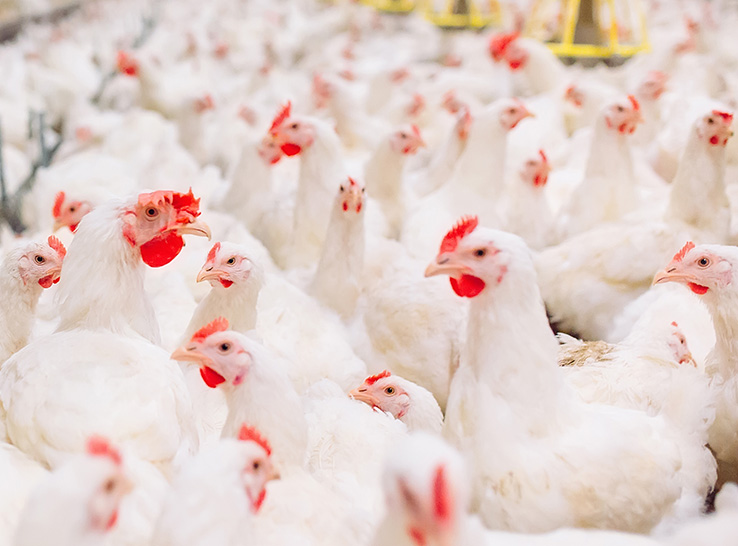
Want to learn more about identifying and managing enteric health problems in poultry? A webinar hosted by Vasil Stanev, DVM, director of global technical services for Phibro Animal Health Corporation, is a good place to start.